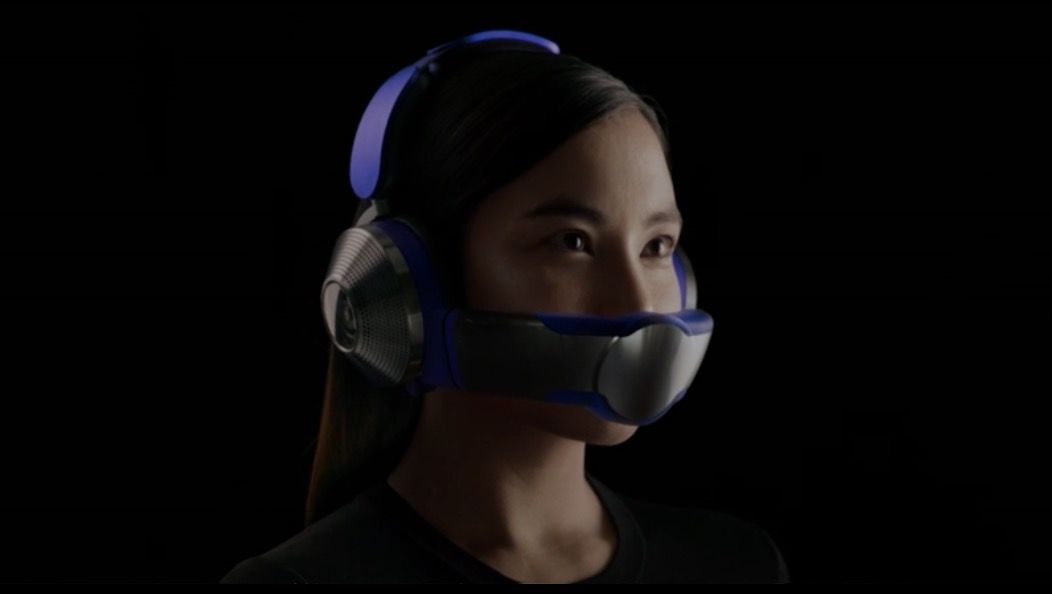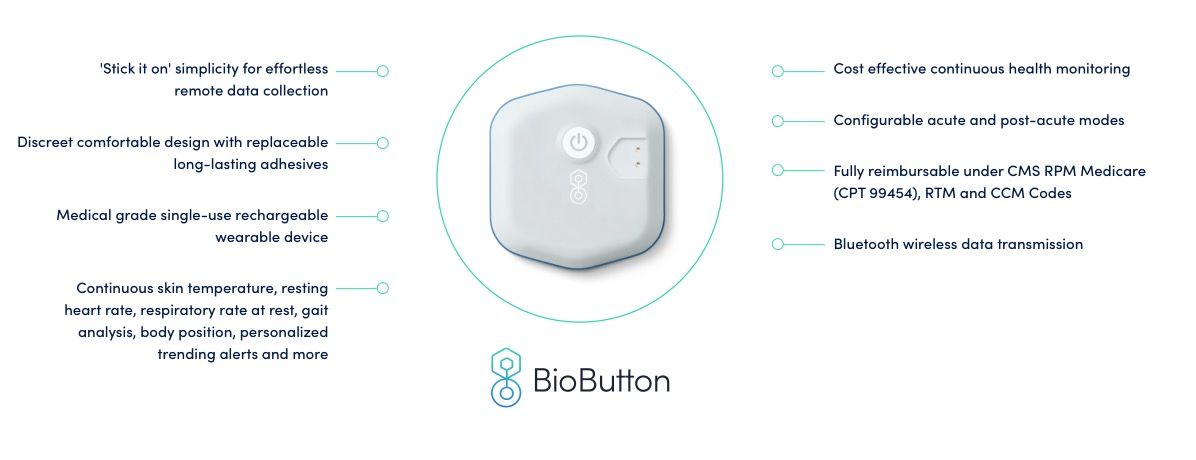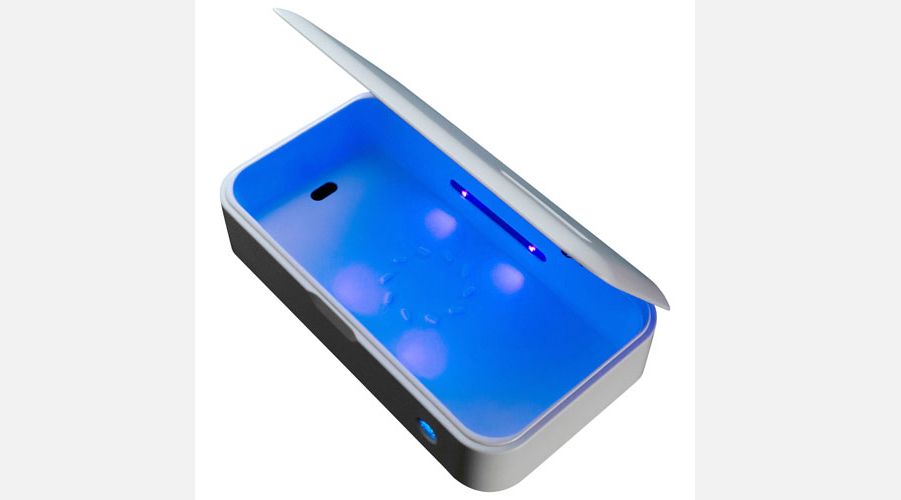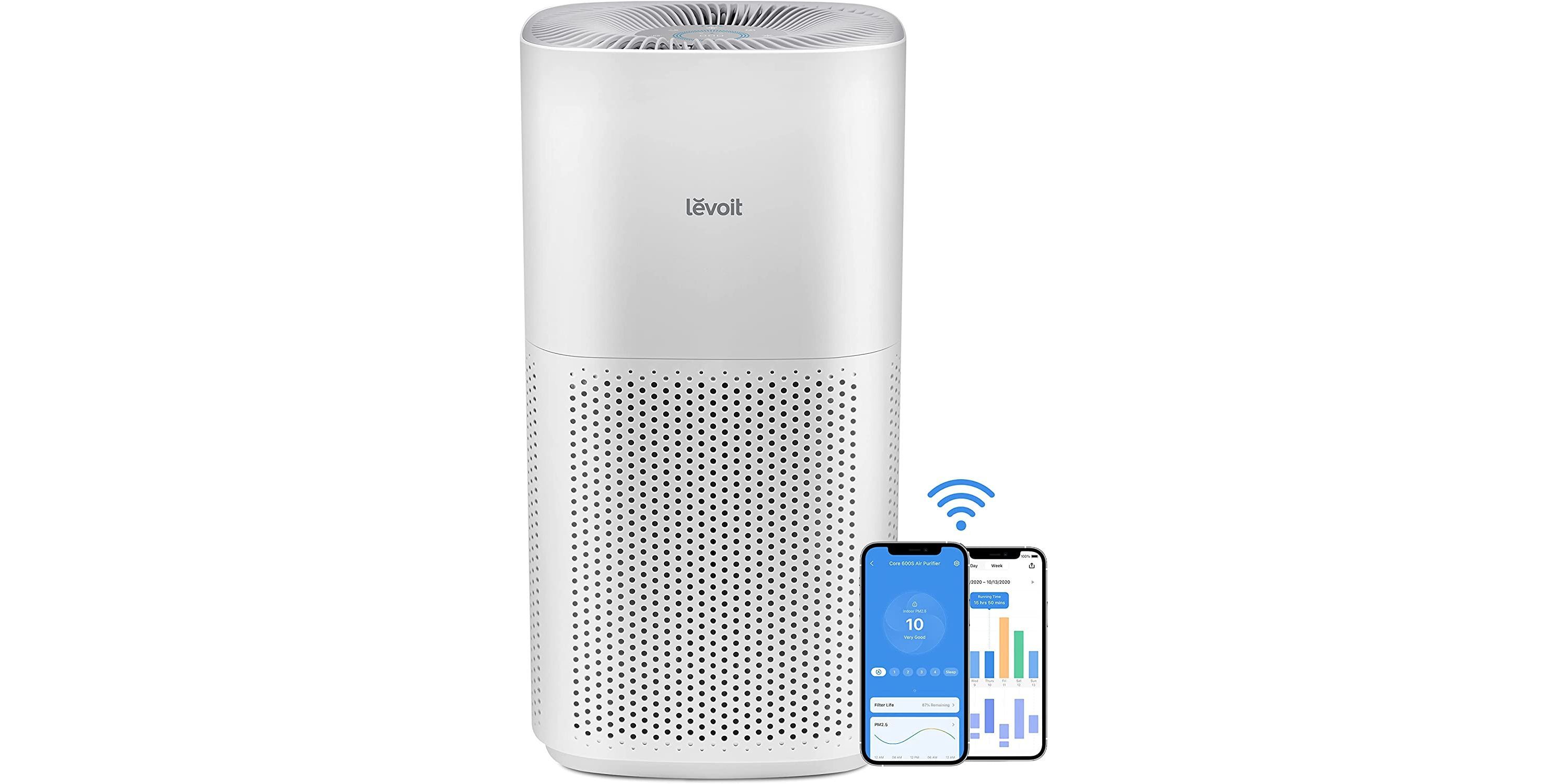As a result of the COVID-19 pandemic, many people have become increasingly knowledgeable about the spread of infections. For example, you are probably more sensitive to physical distancing especially when indoors, the role masks can play when near others who may be sick, the need for fresh air and light, and the importance of self-isolation when you feel symptoms arise.
To help with these efforts, consider one or more of the following pieces of tech that can help you prevent the spread of infection in your home or office and even prevent you from getting sick.
1. Smart Masks
Getting sick with an infectious illness is akin to your computer downloading malware. While you may be aware of the many ways to ensure you never get a computer virus, you should also do whatever you can to avoid spreading and catching biological ones. Smart masks are one high-tech attempt at helping with that challenge.
Razer's concept for the world's smartest mask takes the brand, which is well known for selling gaming PCs, into new territory. The device features filtration, fluid resistance, active ventilation, and a charging case lined with bacteria and virus-busting UV light. The folks at Dyson, the popular bagless vacuum brand, have designed a set of $1,000 Dyson Zone air-purifying headphones, which is available for pre-order starting in early 2023.
If you're looking for something more low-key, the FaceBit Smart Face Masks Platform might be the answer. This small device attaches to the inside of any regular N95 mask and transforms it into a smart mask, which uses sensors to show you information about your mask on your smartphone. Data includes when your heart rate spikes or when your mask has lost proper fit to your face, thus compromising your exposure.
2. Infection Alert Devices
Over the last few years, companies have placed increased focus on developing devices that can help detect symptoms of infection early on. One such device that has emerged is BioIntelliSense's BioButton.
This wearable device can wirelessly monitor a wide range of factors such as skin temperature, heart rate, gait analysis (considered an essential part of the diagnosis of various neurologic disorders), and body position.
While devices such as this cannot conclude with 100 percent accuracy whether you have a specific illness or not, they can provide enough information to warn you when you may be exhibiting symptoms, allowing you to take precautions and self-isolate.
According to research in the journal Nature Medicine, it is also possible that popular wearables such as Fitbit devices and Apple smartwatches may play a similar role in the early detection of infectious diseases. Look for opportunities to use your wearable in this way in the near future.
3. Ultraviolet Light Devices
Ultraviolet (UV) light devices have been used to sterilize equipment and surfaces for decades, from doctor's offices to dentist's chairs. They work by harnessing UVC rays (the bandwidth of light on the UV spectrum that is most germicidal) which, according to the Federal Drug Administration, can be used to disinfect the air, water, and nonporous surfaces.
Devices come in all shapes and sizes, from sterilization cabinets for handheld tools to pouches for smartphones, to wands that you can use to disinfect handles and taps in your home or workplace. UV rays can be damaging to your skin and eyes, though, so be careful to ensure you don't expose yourself to the harmful effects.
For at-home use, consider something like a sanitization box that you can use to clean your smartphone, smartwatch, car keys, toothbrush, jewelry, credit cards, and other personal items.
4. Smart Air Purifiers
One of the lessons of the COVID-19 pandemic is the importance of air circulation. According to a research paper published by Environment International, the airborne transmission of COVID-19 can be minimized using ventilation, especially if that ventilation includes particle filtration and air disinfection.
If you spend most of your time indoors and the air circulation is subpar, consider a smart air purifier—a small, inexpensive appliance that circulates air and uses various types of filters to remove airborne toxins and particles from the air, including those that are known to cause health issues.
There are many factors to consider when buying an air purifier. The latest and greatest devices boast an impressive list of features including Wi-Fi or Bluetooth connectivity as well as remote operation with a companion app or through voice assistant compatibility (Google, Alexa, etc.). And because many devices can offer real-time monitoring, they can also send you alerts when the air quality in your home or office reaches unsafe levels.
5. Motion-Sensing Smartphone App
One of the primary ways infection spreads is through touch, and it's well known that washing your hands is something simple you can do to prevent the spread. However, if you're going to wash your hands, you must wash them properly, or you might as well not wash them at all.
SureWash is a hand-washing app you can download on your smartphone. It was designed as a solution for the public, universities, or large organizations looking to teach the correct hand-washing technique to help prevent the spread of respiratory illnesses.
The app uses your smartphone's camera to measure hand motions and provides real-time feedback to support you in learning to properly wash your hands. You may be surprised how ineffective your handwashing technique has been to date. By using SureWash to learn to wash your hands like a surgeon, you can be sure that no germs will follow you out of the bathroom.
Download: SureWash for Android | iOS (Free, subscription available)
Increase Your Chances of Staying Infection-Free With Technology
Gadgets can help you stay healthy by improving your fitness, promoting healthy habits, and reducing your chances of coming into contact with germs. They can circulate and purify the air you breathe and help ensure you don't spread germs and viruses by disinfecting the items you touch and interact with every day.
As technology advances, expect more high-tech gadgets to enter the marketplace that can help you individually—and everyone collectively—prevent the spread of infections.





